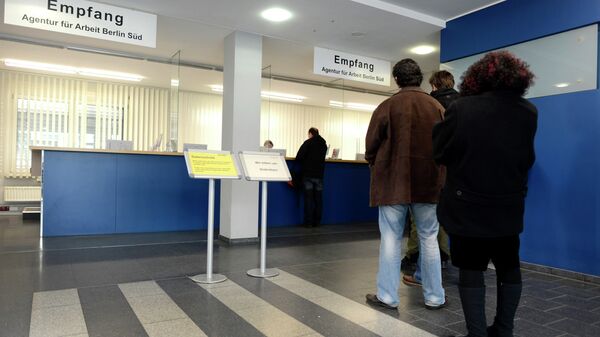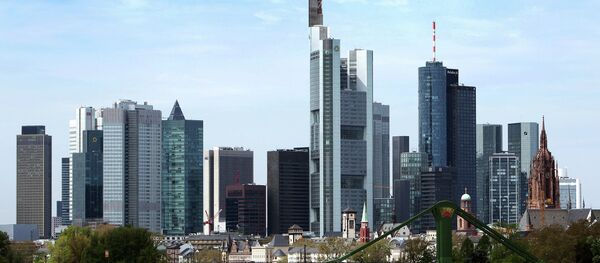The move is expected to fundamentally change the way EU countries handle dumped exports under the WTO rules, according to a study published by Economic Policy Institute.
In 2001, China joined the WTO as a "nonmarket economy" under the terms of its Protocol of Accession allowing other WTO members to apply anti-dumping measures, including embargo, against China.
With MES status, China could avoid enforcement of anti-dumping laws in the EU, US and other countries, the report read. In addition, granting MES to China would eliminate the threat that duties could be imposed on tens of thousands if China-made products which would allow Chinese exporters to lower prices without fear of anti-dumping complaints.
According to the report, if EU decided to grant MES to China this "would put between 1.7 million and 3.5 million EU jobs at risk by curbing the ability to impose tariffs on dumped goods and thus allowing Chinese companies to undercut domestic production by flooding the EU with cheap goods."
Over the last 15 years, EU imports from China increased nearly fivefold, from €74.6 billion in 2000 to €359.6 billion in 2015.
According to the calculations, the increased imports of cheaper China-manufactured goods to the European market would reduce EU domestic output by between €114.1 billion and €228 billion a year that would lead to 1.7-3.5 million potential jobs lost.
In addition, granting MES to China would also put up to 2.7 million direct jobs at risk in a number of import-sensitive industries.
Granting MES to China would affect the EU economy in several ways, according to the study.
It would increase EU imports of manufactured commodities by €71.3-142.5 billion, or more thus increasing EU trade deficits and reducing its GDP by one-two percent. This would eliminate 1.7-3.5 million EU jobs in three years after MES is granted.
It would also put 478,600 to 957.300 jobs directly at risk due to increased imports from China.
What is more, between 779,000 and 1.6 million jobs in manufacturing would be potentially eliminated, the largest number of job at risk of any major industry. The largest potential losses would be in the textile and apparel-making industries, as well as in computer, electronic and optical products. Outside manufacturing industries, significant losses are expected in retail trade; public, social and related services.
Finally, it would put an additional 2.7 million workers of highly vulnerable industries at risk, including motor vehicle parts, paper products, ceramics, glass, and additional jobs in other industries as chemicals and solar cells.
To sum up, the increase of Chinese imports to the EU market will have a depressing effect on business and investments in Europe as well as seriously affect its social stability, the authors of the study warned.






